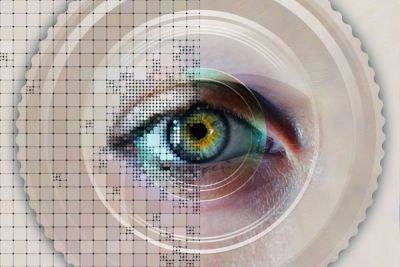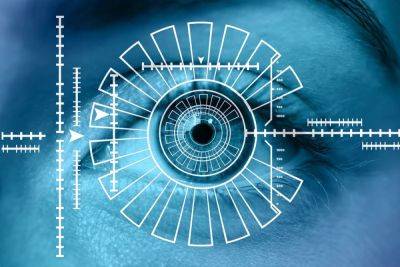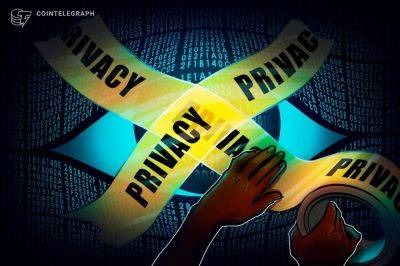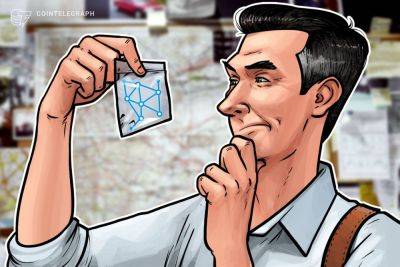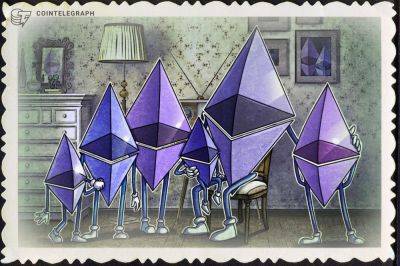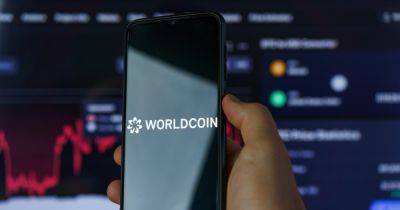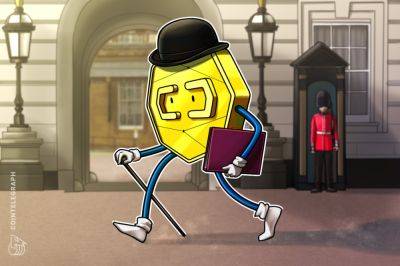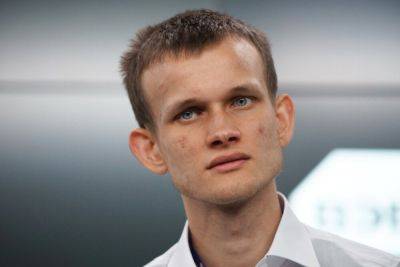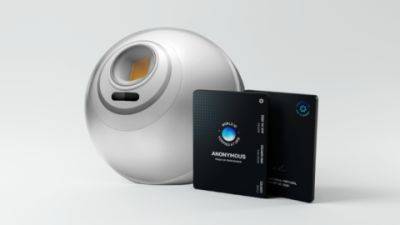Worldcoin launch divides opinions - crypto community has its say
The launch of blockchain-based digital passport platform Worldcoin has had a polarizing effect on the cryptocurrency community, with questions around its centralization, privacy and security highlighted.
Worldcoin released its protocol token on July 24, with major exchanges like Binance announcing support for the token. The project consists of a privacy-preserving digital identity (World ID) and its associated ecosystem token (WLD) which users receive upon creation of a wallet.
The Worldcoin project is now live. pic.twitter.com/xZXG4w56Ps
In order for users to join the ecosystem, they have to provide a scan of their iris through one of Worldcoin’s specialized Orb hardware devices. This step provides proof-of-personhood that is cryptographically secured and used as a World ID, Worldcoin founders Alex Blania and Sam Altman wrote in a letter at launch.
The global digital passport is set to be stored locally on user's mobile devices and used to prove their identity in a privacy-centric manner. The concept aims for World IDs act as a “proof of personhood” that make use of zero-knowledge proofs (ZK-proofs) to protect the underlying data, including biometric, KYC and AML data.
Related: OpenAI co-founder’s ‘World ID’ project launches, along with SDK waitlist
Worldcoin will also enable users to “reserve” their respective IDs with a phone number in select countries, with an iris scan required to complete the process and receive a World ID.
Ethereum co-founder Vitalik Buterin was among a number of industry figures to comment on the launch of Worldcoin, given the potential for biometric proof of personhood.
What do I think about biometric proof of personhood?https://t.co/yozo1buW24
In a lengthy blog post unpacked by Cointelegraph,
Read more on cointelegraph.com

